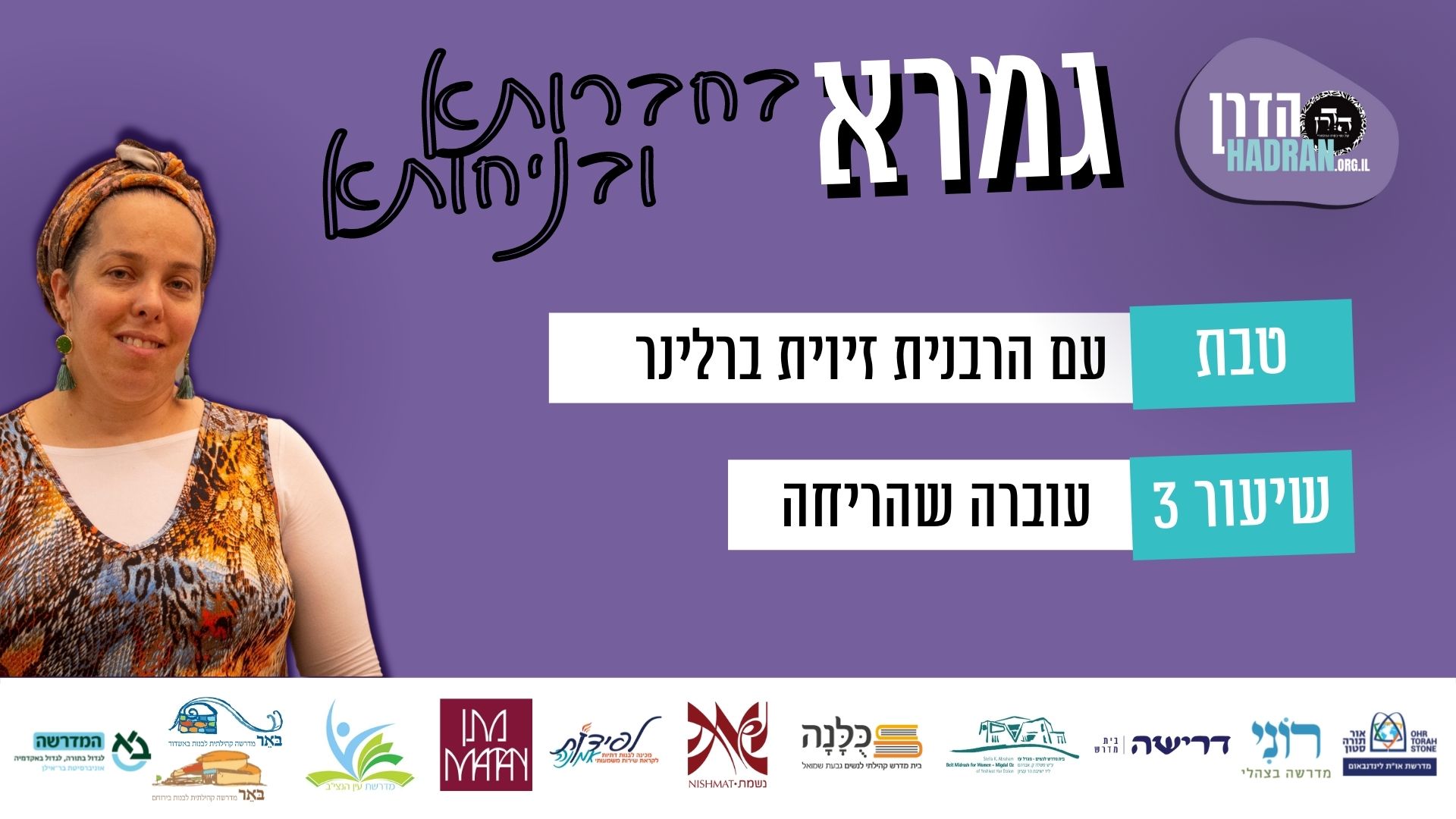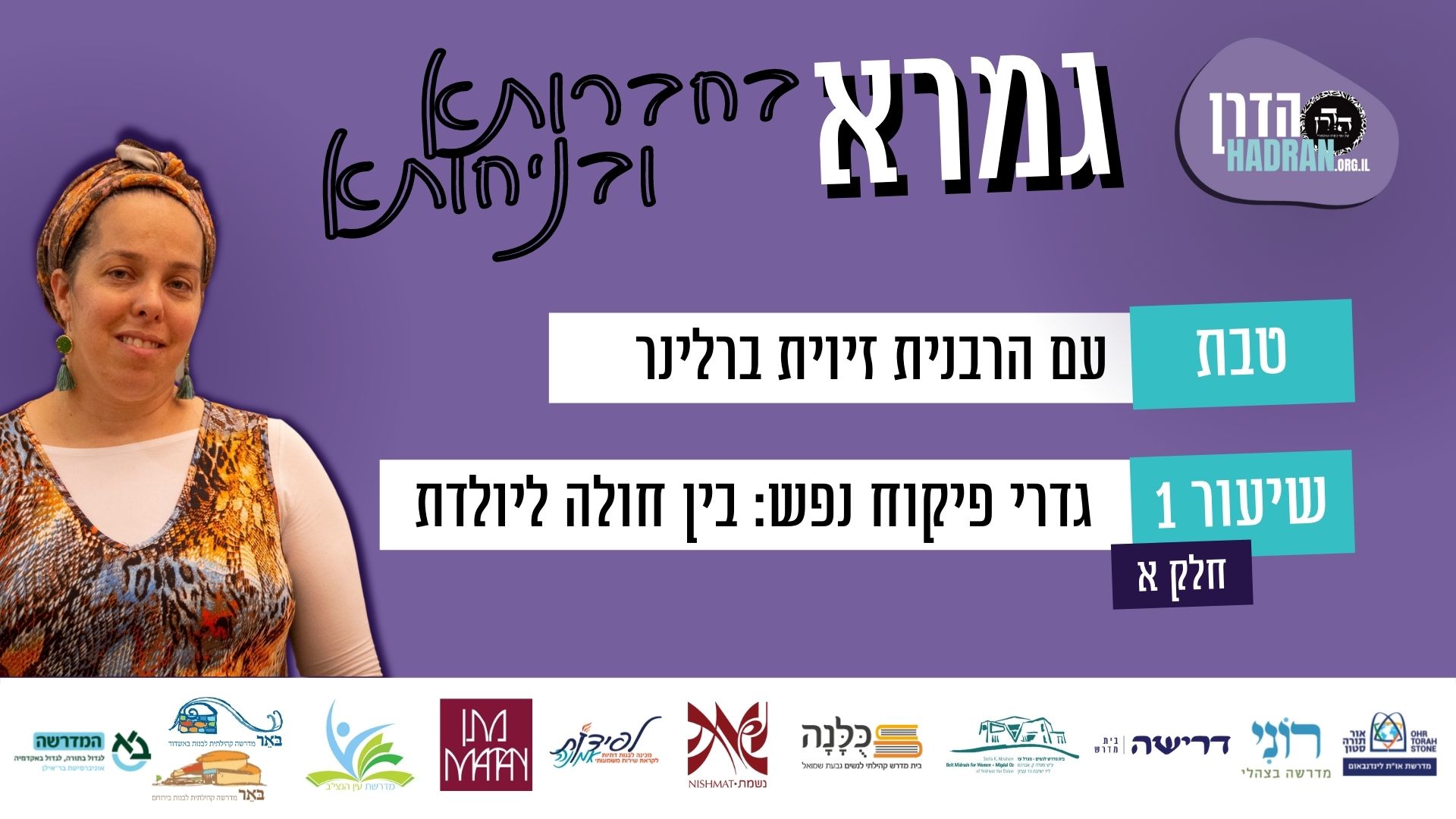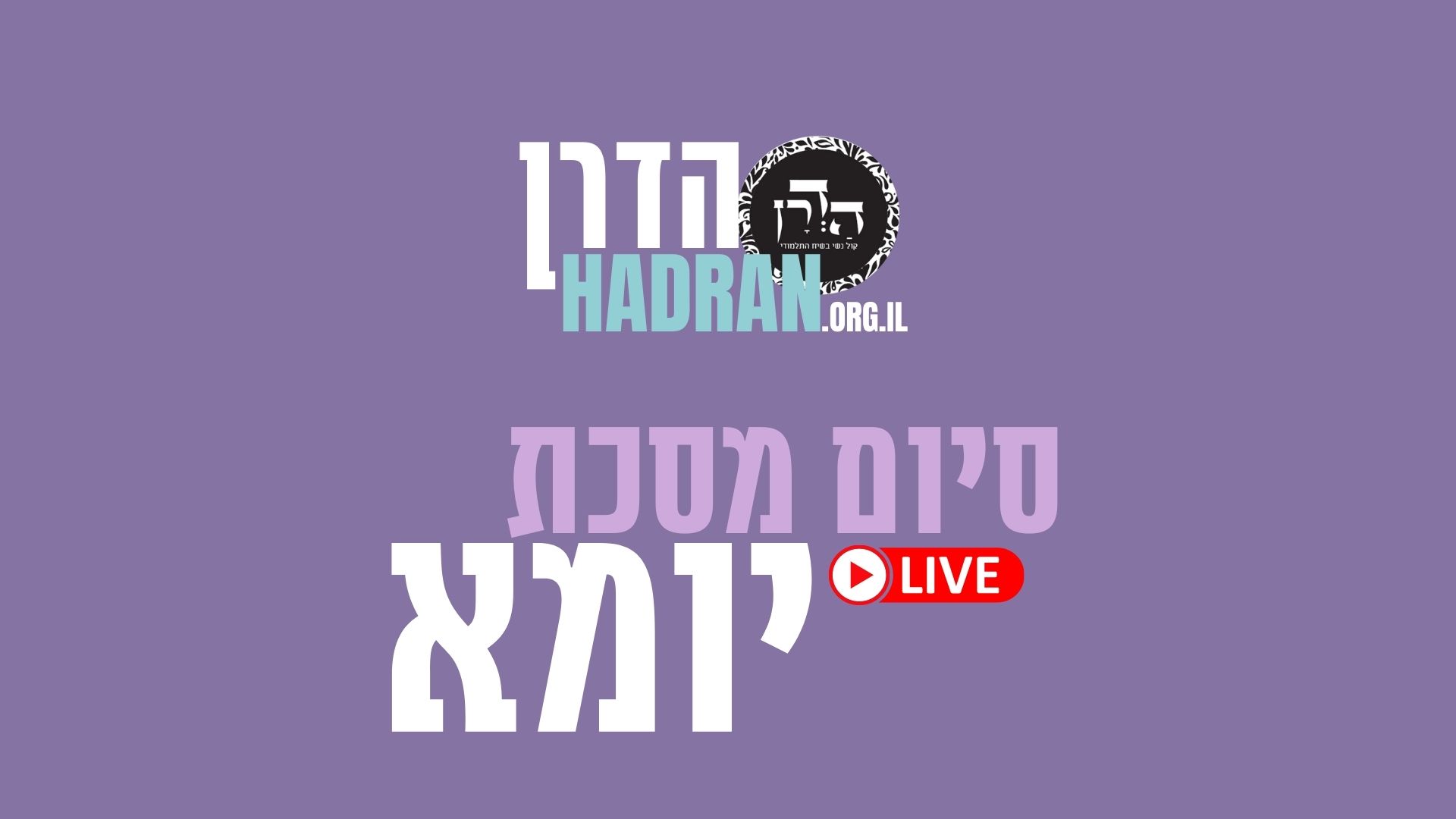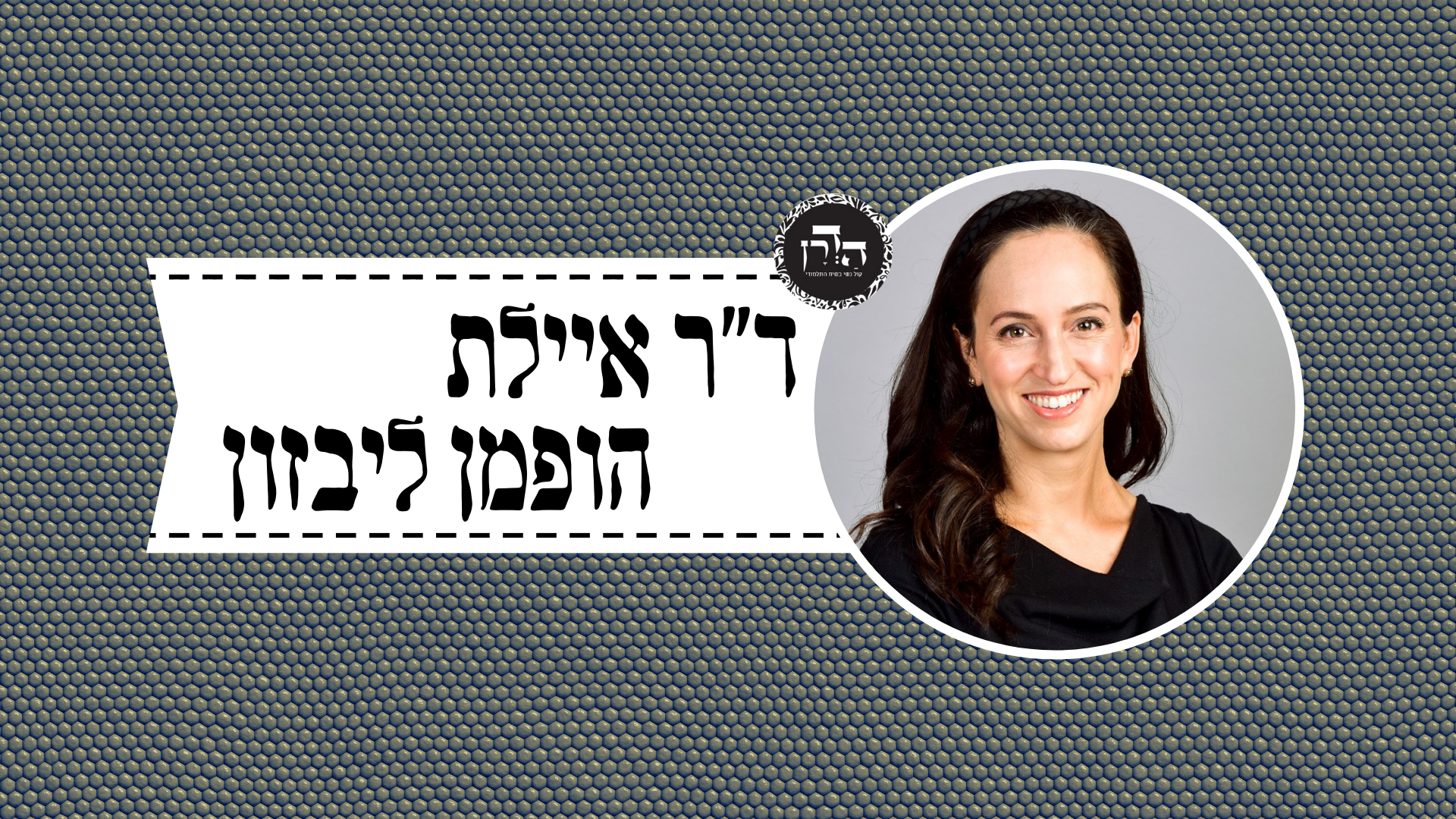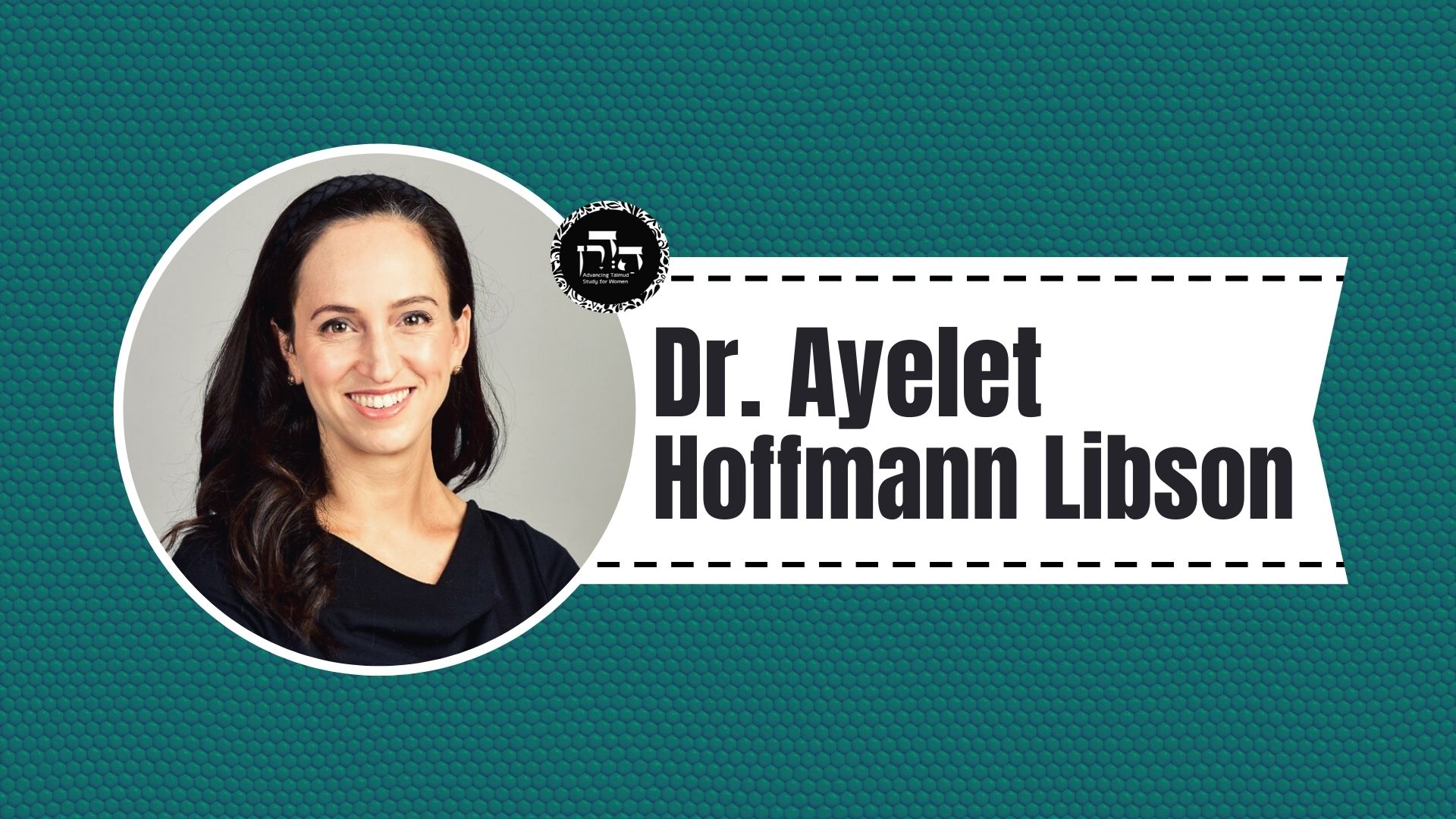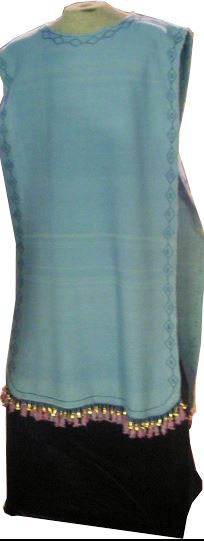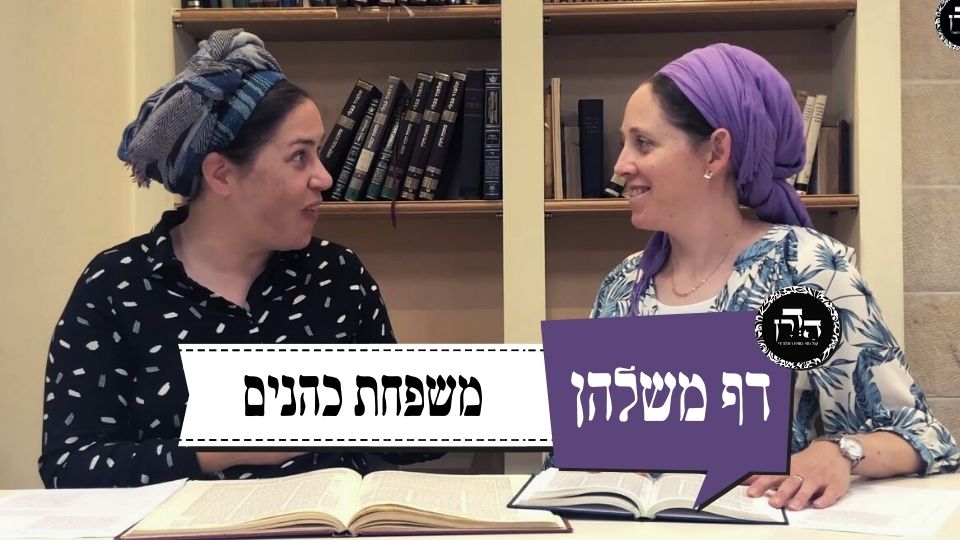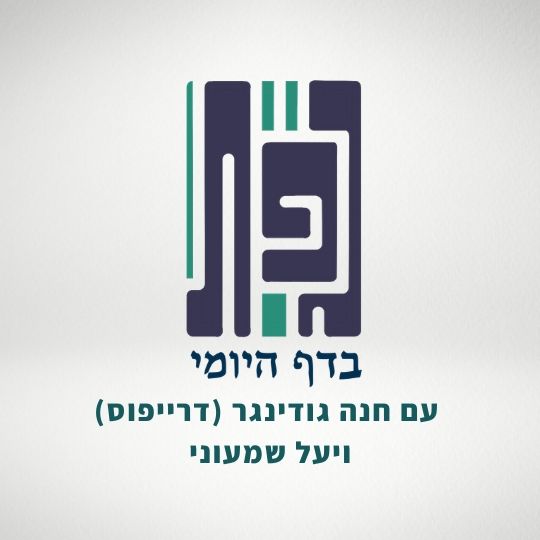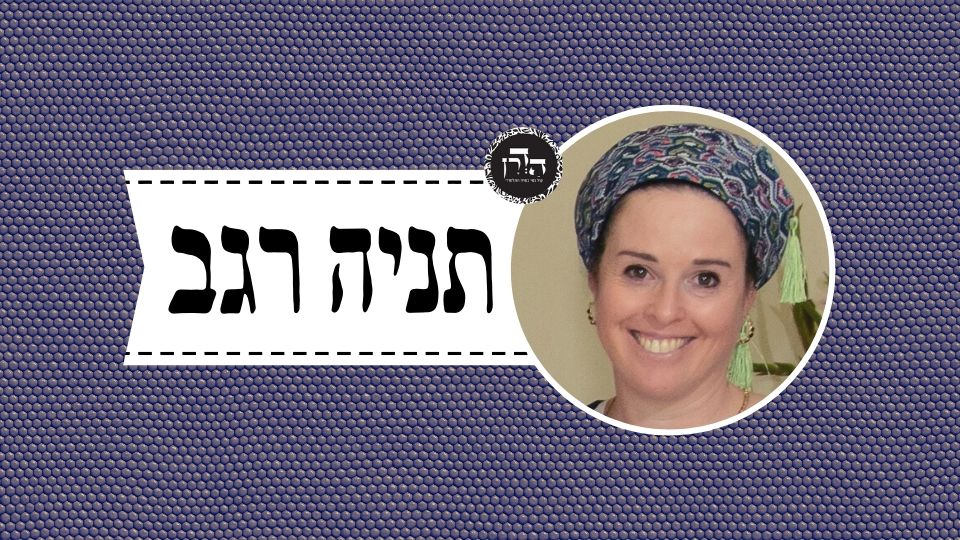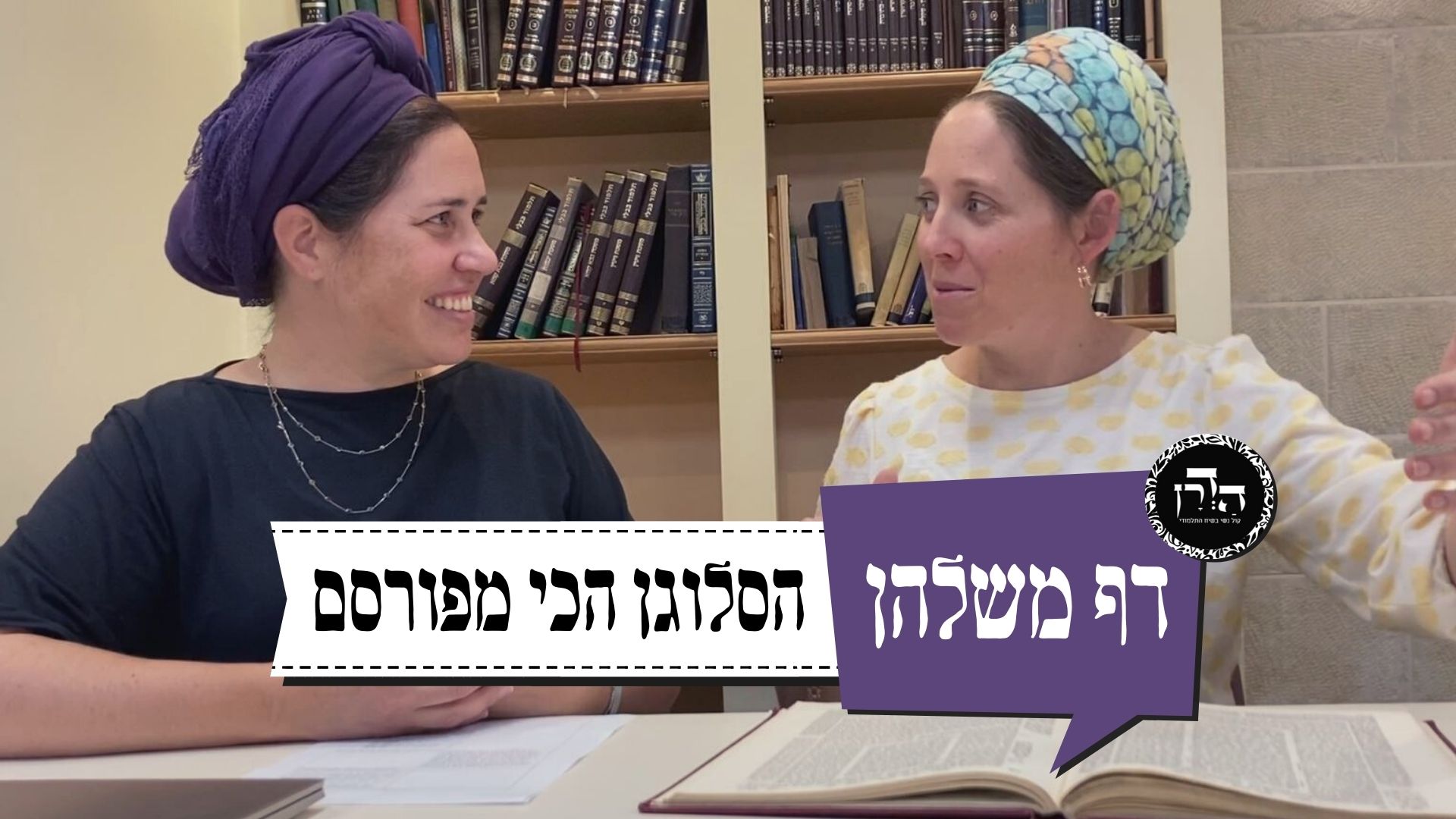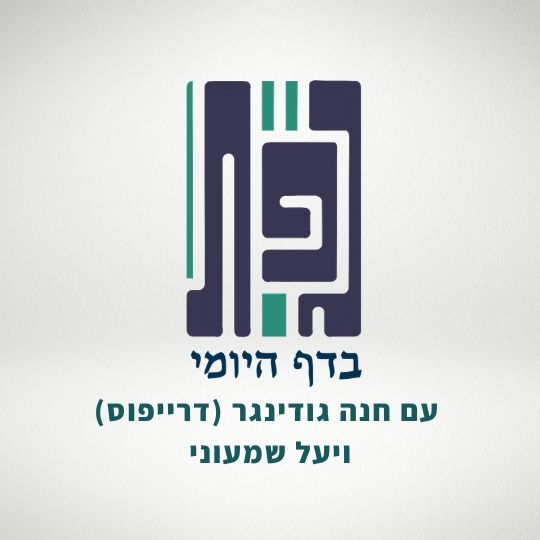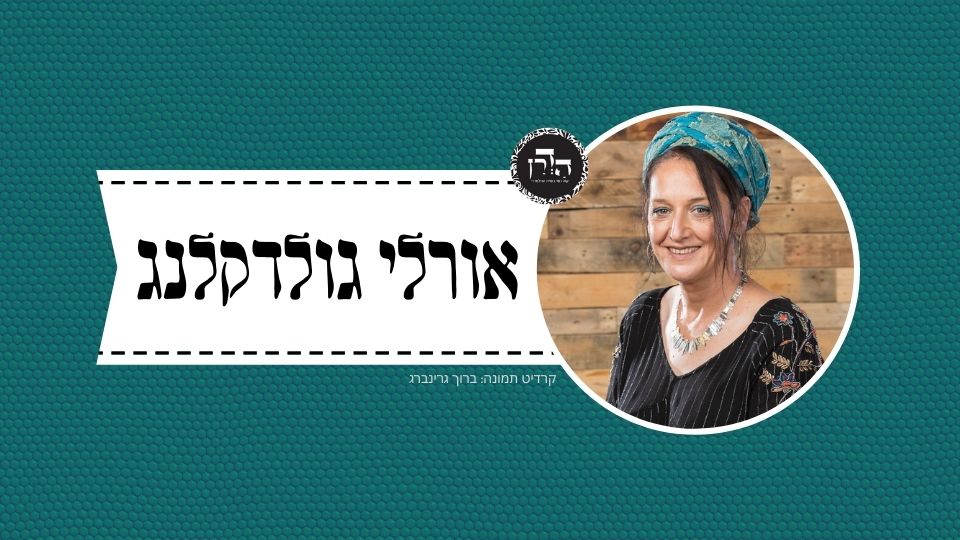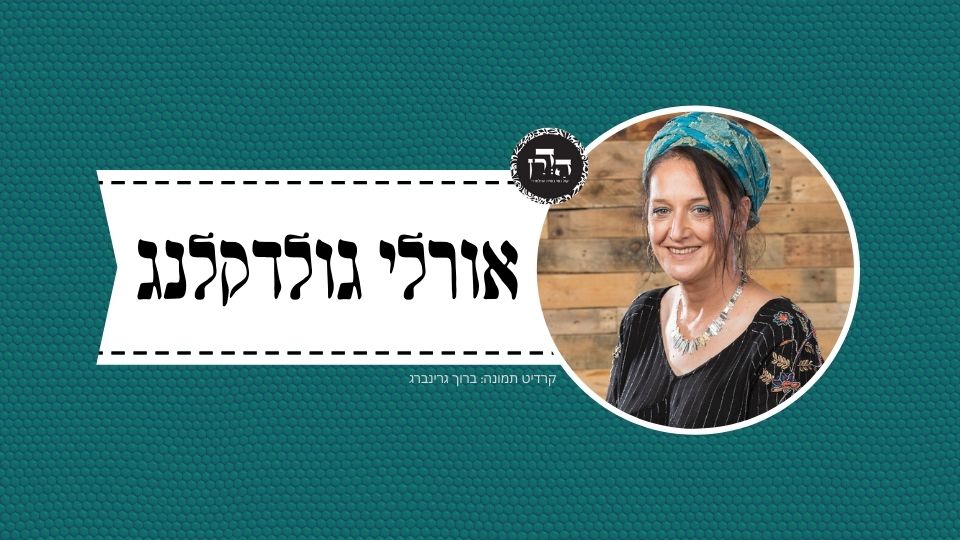יומא עח
מְפַכִּין עֲתִידִין לִהְיוֹת יוֹצְאִין מִתַּחַת מִפְתַּן הַבַּיִת. מִכָּאן וְאֵילָךְ הָיָה מִתְגַּבֵּר וְעוֹלֶה עַד שֶׁמַּגִּיעַ לְפֶתַח בֵּית דָּוִד, כֵּיוָן שֶׁמַּגִּיעַ לְפֶתַח בֵּית דָּוִד נַעֲשֶׂה כְּנַחַל שׁוֹטֵף שֶׁבּוֹ רוֹחֲצִין זָבִין וְזָבוֹת נִדּוֹת וְיוֹלְדוֹת, שֶׁנֶּאֱמַר: ״בַּיּוֹם הַהוּא יִהְיֶה מָקוֹר נִפְתָּח לְבֵית דָּוִד וּלְיוֹשְׁבֵי יְרוּשָׁלִָם לְחַטַּאת וּלְנִדָּה״.
in the future, will bubble from under the threshold of the Temple. From this point forward, the spring will grow in strength and rise until it reaches the opening of David’s house, i.e., his grave, which is outside of Jerusalem. When it reaches the opening of David’s house, it will become a flowing river in which zavim and zavot, menstruating women, and women after childbirth will bathe to purify themselves. As it is stated: “On that day there shall be a fountain opened for the house of David and to the inhabitants of Jerusalem for purification and for sprinkling” (Zechariah 13:1).
אָמַר רַב יוֹסֵף: מִכָּאן רֶמֶז לְנִדָּה שֶׁצְּרִיכָה לֵישֵׁב עַד צַוָּארָהּ בַּמַּיִם. וְלֵית הִילְכְתָא כְּווֹתֵיהּ.
Rav Yosef said: From here, there is an allusion that a menstruating woman must be able to sit up to her neck in water, i.e., that this is the appropriate depth for waters of a ritual bath to purify. The Gemara comments: But the halakha is not in accordance with his opinion. Rather, the depth of the water is irrelevant. As long as the water can cover an entire adult body, the ritual bath is kosher.
(תִּינַח יוֹם הַכִּפּוּרִים דְּלֵיכָּא מִנְעָל,) שַׁבָּת דְּאִיכָּא מִנְעָל, מַאי? אֲמַר נְחֶמְיָה חַתְנֵיהּ דְּבֵי נְשִׂיאָה: אֲנָא חֲזֵיתֵיהּ לְרַבִּי אַמֵּי וְרַבִּי אַסִּי דִּמְטוֹ עוּרְקוּמָא דְמַיָּא, וְעַבְרוּהּ דֶּרֶךְ מַלְבּוּשׁ.
§ The Gemara investigates the permissibility of crossing water in order to fulfill a mitzva: It works out well that on Yom Kippur it is permitted because there are no shoes, and there is no problem going through water barefoot. However, on Shabbat, when there are shoes, what is the halakha? Is one permitted to cross water wearing shoes? Is there a concern that his shoe might come off and he may pick it up, thereby violating the prohibition of carrying out? Neḥemya, the son-in-law of the Nasi, said: I saw Rabbi Ami and Rabbi Asi come to a pool of water that they had to cross on Shabbat, and they crossed it while wearing their shoes without removing them first.
תִּינַח מִנְעָל, סַנְדָּל מַאי אִיכָּא לְמֵימַר? אָמַר רַב רִיחוּמִי: אֲנָא חֲזֵיתֵיהּ לְרָבִינָא דְּעָבַר דֶּרֶךְ מַלְבּוּשׁ. רַב אָשֵׁי אָמַר: סַנְדָּל לְכַתְּחִלָּה לָא.
The Gemara asks: It works out well that shoes are permitted, since one can tie them tightly, but what is there to say about sandals? Since they do not fit tightly on the foot, they might come off in the water. Rav Riḥumi said: I saw Ravina cross a river while wearing sandals on his feet. Rav Ashi said: If he is wearing sandals, he should not cross the water ab initio, lest the sandal fall off his foot and he violate the prohibition of carrying on Shabbat by picking it up.
רֵישׁ גָּלוּתָא אִיקְּלַע לְהַגְרוֹנְיָא לְבֵי רַב נָתָן, רַפְרָם וְכוּלְּהוּ רַבָּנַן אֲתוֹ לְפִירְקָא, רָבִינָא לָא אֲתָא. לִמְחַר, בָּעֵי רַפְרָם לְאַפּוֹקֵי לְרָבִינָא מִדַּעְתֵּיהּ דְּרֵישׁ גָּלוּתָא, אֲמַר לֵיהּ מַאי טַעְמָא לָא אֲתָא מָר לְפִירְקָא? אֲמַר לֵיהּ: הֲוָה כָּאֵיב לִי כַּרְעַאי. אִיבְּעִי לָךְ לְמֵיסַם מְסָאנֵי. גַּבָּא דְכַרְעָא הֲוָה.
Incidental to this, the Gemara reports: The Exilarch came to deliver a lecture in Rav Natan’s study hall in Hagronya. Rafram and all the Sages came to the lecture, but Ravina did not come. The next day, when he came, Rafram wanted to remove any anger towards Ravina from the mind of the Exilarch, for missing the lecture. Rafram therefore asked Ravina: What is the reason that the Master did not come to the lecture? He said to him: My foot hurt. He said to him: You should have put shoes on. Ravina answered him: It was the back of the foot that hurt, so wearing shoes would have been hard for me.
אִיבְּעִי לָךְ לְמִרְמֵא סַנְדָּלָא. אֲמַר לֵיהּ: עוּרְקְמָא דְמַיָּא הֲוָה בְּאוֹרְחָא. אִיבְּעִי לָךְ לְמֶעְבְּרֵיהּ דֶּרֶךְ מַלְבּוּשׁ. אֲמַר לֵיהּ: לָא סָבַר לַהּ מָר לְהָא דְּאָמַר רַב אָשֵׁי: סַנְדָּל לְכַתְּחִלָּה לָא?!
Rafram said to Ravina: You should have worn sandals, which leave the heel exposed. He said to him: There was a pool of water on the way that I would have had to cross. He said to him: You should have crossed it wearing the sandals. He said to him: Does the Master not hold with that which Rav Ashi said: One should not wear sandals when crossing a river on Shabbat, ab initio? From this conversation, the Exilarch understood that Ravina meant no disrespect in not attending the lecture.
תָּנֵי יְהוּדָה בַּר גְּרוֹגְרוֹת: אָסוּר לֵישֵׁב עַל גַּבֵּי טִינָא בְּיוֹם הַכִּפּוּרִים. אָמַר רַבִּי יְהוֹשֻׁעַ בֶּן לֵוִי: וּבְטִינָא מְטַפַּחַת. אָמַר אַבָּיֵי: וּבְטוֹפֵחַ עַל מְנָת לְהַטְפִּיחַ. אָמַר רַב יְהוּדָה: מוּתָּר לְהִצְטַנֵּן בְּפֵירוֹת. רַב יְהוּדָה מִצְטַנֵּן בְּקָרָא.
§ The Gemara continues to discuss the laws of Yom Kippur: Yehuda bar Gerogarot taught: It is prohibited to sit on damp clay on Yom Kippur. Rabbi Yehoshua ben Levi said: This prohibition applies only when the clay is dripping wet, when one feels its wetness when touching it. Abaye said in clarification: It must be dripping wet enough to make something else wet. Rav Yehuda said: One is permitted to cool off with fruit on Yom Kippur, and it is not considered bathing. Similarly, when Rav Yehuda suffered from the heat on Yom Kippur he cooled off by putting a squash on himself.
רַבָּה מִצְטַנֵּן בְּיָנוֹקָא, רָבָא מִצְטַנֵּן בְּכָסָא דְכַסְפָּא. אָמַר רַב פָּפָּא: כָּסָא דְכַסְפָּא, מָלֵא — אָסוּר, חָסֵר — שְׁרֵי. דְּפַחְרָא — אִידֵּי וְאִידֵּי אָסוּר, מִשּׁוּם דְּמִישְׁחָל שָׁחֵיל. רַב אָמַר: כָּסָא דְכַסְפָּא, חָסֵר — נָמֵי אָסוּר, מִשּׁוּם דְּמִזְדָרֵיב.
Rabba cooled off by placing a baby [yanuka] next to him, because a baby’s body is cold. Rava cooled off with a silver cup. Rav Pappa said: If the silver cup is full, it is prohibited; however, if it is not full, it is permitted. With regard to a ceramic cup, both this and that are prohibited, since the water seeps through the cup, causing a violation of the prohibition of bathing. Rav Ashi said: A silver cup that is not full is also prohibited because it can slip [mizderiv] from his hand and spill.
זְעֵירָא בַּר חָמָא אוּשְׁפִּיזְכָנֵיהּ דְּרַבִּי אַמֵּי וְרַבִּי אַסִּי וְרַבִּי יְהוֹשֻׁעַ בֶּן לֵוִי וּדְכוּלְּהוּ רַבָּנַן דְּקֵיסָרִי הֲוָה. אֲמַר לֵיהּ לְרַב יוֹסֵף בְּרֵיהּ דְּרַבִּי יְהוֹשֻׁעַ בֶּן לֵוִי: בַּר אַרְיָא! תָּא אֵימָא לָךְ מִילְּתָא מְעַלַּיְתָא דַּהֲוָה עָבֵיד אֲבוּךְ: מִטְפַּחַת הָיָה לוֹ בְּעֶרֶב יוֹם הַכִּפּוּרִים, וְשׁוֹרֶה אוֹתָהּ בְּמַיִם, וְעוֹשֶׂה אוֹתָהּ כְּמִין כֵּלִים נְגוּבִין, וּלְמָחָר מְקַנֵּחַ בָּהּ פָּנָיו יָדָיו וְרַגְלָיו. עֶרֶב תִּשְׁעָה בְּאָב, שׁוֹרֶה אוֹתָהּ בְּמַיִם, וּלְמָחָר מַעֲבִירָהּ עַל גַּבֵּי עֵינָיו.
Ze’eira bar Ḥama, the host of the home where Rabbi Ami, and Rabbi Asi, and Rabbi Yehoshua ben Levi, and all the Sages of Caesarea stayed, said to Rav Yosef, son of Rabbi Yehoshua ben Levi: Son of a lion, come, I will tell you about a wonderful custom that your father used to perform. He had a cloth that he would prepare on the day before Yom Kippur by soaking it in water and wringing it out, making it almost like a dried cloth. And the next day he wiped his face, hands, and feet with it. On the day before the Ninth of Av, on which the prohibition of bathing is by rabbinic law and not Torah law, he would soak the cloth in water and the next day pass it over his eyes.
וְכֵן כִּי אֲתָא רַבָּה בַּר מָרִי, אָמַר: בְּעֶרֶב תִּשְׁעָה בְּאָב מְבִיאִין לוֹ מִטְפַּחַת וְשׁוֹרֶה אוֹתָהּ בְּמַיִם וּמַנִּיחָהּ תַּחַת מְרַאֲשׁוֹתָיו, וּלְמָחָר, מְקַנֵּחַ פָּנָיו יָדָיו וְרַגְלָיו. בְּעֶרֶב יוֹם הַכִּפּוּרִים מְבִיאִין לוֹ מִטְפַּחַת וְשׁוֹרֶה אוֹתָהּ בְּמַיִם, וְעוֹשֶׂה אוֹתָהּ כְּמִין כֵּלִים נְגוּבִין, וּלְמָחָר מַעֲבִירָהּ עַל גַּבֵּי עֵינָיו. אֲמַר לֵיהּ רַבִּי יַעֲקֹב לְרַבִּי יִרְמְיָה בַּר תַּחְלִיפָא: אִיפְּכָא אֲמַרְתְּ לַן, וְאוֹתֵיבְנָךְ סְחִיטָה.
Similarly, when Rabba bar Mari came from Eretz Yisrael he said: The day before the Ninth of Av they bring one a cloth, and he may soak it in water and place it under his head. The next day, when only some moisture remains, he may wipe his face, hands, and feet with it. On the day before Yom Kippur, they bring one a cloth, and he may soak it in water and wring it out to make it like a dried cloth. The next day, he may pass it over his eyes. Rabbi Ya’akov said to Rabbi Yirmeya bar Taḥlifa: You told us the opposite. What you told us about Yom Kippur was really what he did on the Ninth of Av, and we objected to you with regard to the prohibition of wringing, since Yom Kippur has the same prohibition of wringing that Shabbat has.
אָמַר רַב מְנַשְּׁיָא בַּר תַּחְלִיפָא אָמַר רַב עַמְרָם אָמַר רַבָּה בַּר בַּר חָנָה: שָׁאֲלוּ אֶת רַבִּי אֶלְעָזָר: זָקֵן וְיוֹשֵׁב בִּישִׁיבָה, צָרִיךְ לִיטּוֹל רְשׁוּת לְהַתִּיר בְּכוֹרוֹת, אוֹ אֵינוֹ צָרִיךְ?
§ Rav Menashya bar Taḥalifa said that Rav Amram said that Rabba bar bar Ḥana said: They asked Rabbi Elazar ben Pedat: Must an Elder who sits and studies Torah in a yeshiva receive permission from the Nasi to permit him to render firstborn animals permitted, like others who must get permission from the Nasi to render firstborn animals permitted, or not? A firstborn animal may not be eaten until it has a blemish. Knowing which blemishes are permanent and permit the animal to be eaten and which are temporary is specialized knowledge.
מַאי קָא מִיבְּעֵי לְהוּ? הָכִי קָא מִיבְּעֵי לְהוּ, כִּי הָא דְּאָמַר רַב אִידִי בַּר אָבִין: דָּבָר זֶה הִנִּיחוּ לָהֶם לְבֵי נְשִׂיאָה כְּדֵי לְהִתְגַּדֵּר בּוֹ: צָרִיךְ לִיטּוֹל רְשׁוּת; אוֹ דִילְמָא, כֵּיוָן דְּזָקֵן וְיוֹשֵׁב בִּישִׁיבָה, אֵין צָרִיךְ. עָמַד רַבִּי צָדוֹק בֶּן חָקוֹלָא עַל רַגְלָיו, וְאָמַר: אֲנִי רָאִיתִי אֶת רַבִּי יוֹסֵי בֶּן זִימְרָא, שֶׁזָּקֵן וְיוֹשֵׁב בִּישִׁיבָה הָיָה, וְעָמַד בְּמַעֲלָה מִזְּקֵנוֹ שֶׁל זֶה, וְנָטַל רְשׁוּת לְהַתִּיר בְּכוֹרוֹת.
The Gemara asks: What are they asking? What is the basis of the question? The Gemara explains: This is what they are asking, like this statement of Rav Idi bar Avin, who said: This matter, the authority of the Nasi to grant permission, was given to the house of the Nasi to raise its stature. Therefore, must permission be received, since the request itself honors the Nasi? Or, perhaps because the individual in question is an Elder who sits and studies Torah in a yeshiva, there is no need. Rav Tzadok ben Ḥaluka rose to his feet and said: I saw Rabbi Yosei ben Zimra, who was an Elder who sat in the yeshiva and who stood before the grandfather of this current Nasi, ask permission from him to permit firstborn animals.
אֲמַר לֵיהּ רַבִּי אַבָּא: לֹא כָּךְ הָיָה מַעֲשֶׂה, אֶלָּא כָּךְ הָיָה מַעֲשֶׂה: רַבִּי יוֹסֵי בֶּן זִימְרָא כֹּהֵן הָיָה, וְהָכִי קָא מִיבַּעְיָא לֵיהּ: הֲלָכָה כְּרַבִּי מֵאִיר, דְּאָמַר: הֶחָשׁוּד בְּדָבָר — לֹא דָּנוֹ, וְלֹא מְעִידוֹ. אוֹ דִילְמָא הֲלָכָה כְּרַבָּן שִׁמְעוֹן בֶּן גַּמְלִיאֵל, דְּאָמַר: נֶאֱמָן הוּא עַל שֶׁל חֲבֵירוֹ וְאֵינוֹ נֶאֱמָן עַל שֶׁל עַצְמוֹ. וּפְשַׁט לֵיהּ: הֲלָכָה כְּרַבָּן שִׁמְעוֹן בֶּן גַּמְלִיאֵל.
Rabbi Abba said to him: The way you described it was not how the incident was. Rather this was the incident: Rabbi Yosei ben Zimra was a priest, and he raised the following dilemma: Is the halakha in accordance with the opinion of Rabbi Meir, who said: One who is suspect in a certain area may not judge it and may not testify about it? Priests are suspected of inflicting blemishes on firstborn animals because after the destruction of the Temple, even priests may not benefit from a firstborn animal until it becomes blemished. The question was not one of seeking permission from the Nasi, but it was a question of halakha. Are priests who are Torah scholars also suspected of inflicting blemishes? Or perhaps the halakha is in accordance with the opinion of Rabban Shimon ben Gamliel, who said: One who is suspect is believed about his fellow but is not believed about himself. He resolved the question for him: The halakha is in accordance with the opinion of Rabban Shimon ben Gamliel.
וְתוּ קָא מִבַּעְיָא לְהוּ: מַהוּ לָצֵאת בְּסַנְדָּל שֶׁל
§ They raised another dilemma before them, the same Sages mentioned: What is the halakha with regard to going out in sandals made of
שַׁעַם בְּיוֹם הַכִּפּוּרִים? עָמַד רַבִּי יִצְחָק בַּר נַחְמָנִי עַל רַגְלָיו, וְאָמַר: אֲנִי רָאִיתִי אֶת רַבִּי יְהוֹשֻׁעַ בֶּן לֵוִי שֶׁיָּצָא בְּסַנְדָּל שֶׁל שַׁעַם בְּיוֹם הַכִּפּוּרִים. וְאָמֵינָא לֵיהּ: בְּתַעֲנִית צִבּוּר מַאי? אֲמַר לֵיהּ: לָא שְׁנָא. אָמַר רַבָּה בַּר בַּר חָנָה: אֲנִי רָאִיתִי אֶת רַבִּי אֶלְעָזָר דְּמִן נִנְוֵה שֶׁיָּצָא בְּסַנְדָּל שֶׁל שַׁעַם בְּתַעֲנִית צִבּוּר, וְאָמֵינָא לֵיהּ: בְּיוֹם הַכִּפּוּרִים מַאי? אֲמַר לֵיהּ: לָא שְׁנָא. רַב יְהוּדָה נָפֵיק בִּדְהִיטָנֵי. אַבָּיֵי נָפֵיק בִּדְהוּצֵי. רָבָא נָפֵיק (בִּדְיַבְלֵי). רַבָּה בַּר רַב הוּנָא כָּרֵיךְ סוּדָרָא אַכַּרְעֵיהּ וְנָפֵיק.
cork on Yom Kippur? Is it considered a shoe, and therefore it may not be worn on Yom Kippur, or not? Rabbi Yitzḥak bar Naḥmani stood on his feet to testify and said: I saw that Rabbi Yehoshua ben Levi went out on Yom Kippur in cork sandals, and I said to him: What is the law on a communal fast that is decreed in a time of drought, when shoes are similarly prohibited? Are reed sandals permitted? He said to me: It is no different, and such sandals are permitted even on a communal fast day. Rabba bar bar Ḥana said: I saw Rabbi Elazar from Nineveh go out in cork sandals on a communal fast day, and I said to him: What is the law on Yom Kippur? He said to me: It is no different, and it is permitted. The Gemara reports: Rav Yehuda went out on Yom Kippur in reed sandals. Abaye went out in sandals made of palm fiber. Rava went out in sandals braided with reeds. None of these sandals are considered to be shoes. Rabba bar Rav Huna wrapped a scarf around his feet and went out.
מֵתִיב רָמֵי בַּר חָמָא: הַקִּיטֵּעַ יוֹצֵא בְּקַב שֶׁלּוֹ, דִּבְרֵי רַבִּי מֵאִיר. וְרַבִּי יוֹסֵי אוֹסֵר. וְתָנֵי עֲלַהּ: וְשָׁוִין שֶׁאָסוּר לָצֵאת בּוֹ בְּיוֹם הַכִּפּוּרִים. אָמַר אַבָּיֵי: הָתָם דְּאִית בֵּיהּ כְּתִיתִין, וּמִשּׁוּם תַּעֲנוּג.
Rami bar Ḥama raised an objection: We learned that an amputee may go out with his wooden prosthetic leg on Shabbat, since it is like a shoe; these are the words of Rabbi Meir. But Rabbi Yosei prohibits it. And a baraita was taught in that regard as an addendum to that mishna: And they agree that it is prohibited to go out wearing it on Yom Kippur. As this indicates that even wooden shoes are prohibited, the materials worn by the aforementioned amora’im should also be prohibited. Abaye said: There, in the case of Yom Kippur, it is prohibited because there are rags in the prosthesis. The prohibition is not due to the shoes but due to the pleasure of the comfort, which is prohibited on Yom Kippur.
אֲמַר לֵיהּ רָבָא: וְאִי לָאו מָנָא הוּא — כְּתִיתִין מְשַׁוֵּי לֵיהּ מָנָא? וְעוֹד: כׇּל תַּעֲנוּג דְּלָאו מִנְעָל הוּא, בְּיוֹם הַכִּפּוּרִים מִי אָסוּר? וְהָא רַבָּה בַּר רַב הוּנָא הֲוָה כָּרֵיךְ סוּדָרָא אַכַּרְעֵיהּ וְנָפֵיק! וְעוֹד, מִדְּקָתָנֵי סֵיפָא: אִם יֵשׁ לוֹ בֵּית קִבּוּל כְּתִיתִין — טָמֵא, מִכְּלָל דְּרֵישָׁא לָאו בִּדְאִית לֵיהּ כְּתִיתִין עָסְקִינַן.
Rava said to him: And if the prosthetic leg is not a garment, meaning that it is not a shoe, do the rags make it into a garment? Only shoes are forbidden, not other garments. And furthermore, any other kind of pleasure that is not the pleasure of wearing shoes, is it prohibited on Yom Kippur? Only certain afflictions are mandated on Yom Kippur; activities that are not specifically restricted by those afflictions are permitted. And Rabba bar Rav Huna would wrap a scarf on his feet and go out, demonstrating that the comfort provided by rags is permitted on Yom Kippur. Furthermore, the continuation of the baraita contradicts your explanation that the prohibition is due to the comfort provided by the rags. From the fact that it teaches in the latter clause: If the prosthetic leg has a receptacle designed for rags it is susceptible to ritual impurity like all wooden utensils which have receptacles, it may be inferred that in the first clause we are not dealing with a prosthetic leg that has a hollow space designed for rags. Abaye’s position is thereby rejected.
אֶלָּא אָמַר רָבָא: לְעוֹלָם דְּכוּלֵּי עָלְמָא מִנְעָל הוּא, וּבְשַׁבָּת בְּהָא פְּלִיגִי: מָר סָבַר גָּזְרִינַן דִּילְמָא מִשְׁתְּמִיט וְאָתֵי לְאֵתוֹיֵי אַרְבַּע אַמּוֹת, וּמַר סָבַר לָא גָּזְרִינַן.
Rather, Rava said: Actually, according to everyone, a prosthetic leg is considered to be a shoe, and with regard to Shabbat this is what they disagree about: One Sage, Rabbi Yosei holds that we decree a prohibition of wearing a prosthetic leg on Shabbat lest the leg slip off and one come to carry it four cubits in the public domain; and one Sage, Rabbi Meir, holds that we do not decree such a rule.
תָּנוּ רַבָּנַן: תִּינוֹקוֹת מוּתָּרִין בְּכוּלָּן, חוּץ מִנְּעִילַת הַסַּנְדָּל. מַאי שְׁנָא נְעִילַת הַסַּנְדָּל, דְּאָמְרִי: אִינָשֵׁי עֲבַדוּ לֵיהּ, הָנָךְ נָמֵי אָמְרִי: אִינָשֵׁי עֲבַדוּ לֵיהּ! רְחִיצָה וְסִיכָה, אֵימַר מֵאֶתְמוֹל עָבְדִי לֵיהּ.
§ The Sages taught: Young children are permitted to perform all of the prohibited activities on Yom Kippur, except for wearing shoes. The Gemara asks: What is different about wearing shoes? It is because observers who see a child wearing shoes will say that adults did this for him, i.e., put them on for him, since he cannot do it for himself. But if that is the reason, with regard to those other prohibitions also, like bathing and smearing oil, they will say that adults did this for him, and children should be prohibited from those activities as well. The Gemara explains: With regard to bathing and smearing oil, they could say that they did this for him yesterday, since one cannot be certain when the child was bathed.
סַנְדָּל נָמֵי, אֵימַר מֵאֶתְמוֹל עָבְדִי לֵיהּ! סַנְדָּל לָא אֶפְשָׁר דְּמֵאֶתְמוֹל עָבְדִי לֵיהּ. דַּאֲמַר שְׁמוּאֵל: הַאי מַאן דְּבָעֵי לְמִיטְעַם טַעְמָא דְמִיתוּתָא — לִיסְיַים מְסָאנֵי וְלִיגְנֵי.
The Gemara asks: If so, we could say this with regard to shoes as well. They could say that they did this for him yesterday. The Gemara answers: In the case of shoes, it is impossible to say an adult did it for him yesterday, since the child would not have worn shoes at night. As Shmuel said: He who desires a taste of death should put on shoes and go to sleep.
וְהָא מוּתָּרִין לְכַתְּחִלָּה קָתָנֵי! אֶלָּא: הָנָךְ דְּלָאו רְבִיתַיְיהוּ — גְּזַרוּ בְּהוּ רַבָּנַן, הָנָךְ דִּרְבִיתַיְיהוּ הוּא — לָא גְּזַרוּ בְּהוּ רַבָּנַן. דְּאָמַר אַבָּיֵי, אֲמַרָה לִי אֵם: רְבִיתֵיהּ דְּיָנוֹקָא — מַיָּא חַמִּימֵי וּמִשְׁחָא. גְּדַל פּוּרְתָּא — בֵּיעֲתָא בְּכוּתָּחָא. גְּדַל פּוּרְתָּא — תַּבּוֹרֵי מָאנֵי. כִּי הָא דְּרַבָּה זָבֵין לְהוּ מָאנֵי גְּזִיזֵי דְּפַחְרָא לִבְנֵיהּ, וּמְתַבְּרִי לְהוּ.
The Gemara asks: But the mishna is teaching that they are permitted to wear shoes ab initio. If so, it is permitted for an adult to perform these acts for a child even on the day of Yom Kippur, and the observer will not think that the adult has done anything wrong. Rather, we must explain the mishna as follows: The Sages decreed against performing those actions that are not necessary for the child’s growth, but the Sages did not decree against performing those actions that are necessary for the child’s growth. As Abaye said: My mother told me: A child’s growth requires hot water and oil for smearing. When he grows a little, he must eat egg with kutaḥa, a pickled dip made with milk. When he grows a little more, he must have vessels to break, since he will enjoy breaking them. This is like Rabba who bought cracked ceramic vessels for his children, and they broke them for their enjoyment.
הַמֶּלֶךְ וְהַכַּלָּה יִרְחֲצוּ אֶת פְּנֵיהֶם. מַתְנִיתִין מַנִּי? רַבִּי חֲנַנְיָא בֶּן תְּרַדְיוֹן הִיא, דְּתַנְיָא: הַמֶּלֶךְ וְהַכִּלָּה לֹא יִרְחֲצוּ אֶת פְּנֵיהֶם. רַבִּי חֲנַנְיָא בֶּן תְּרַדְיוֹן אוֹמֵר מִשּׁוּם רַבִּי אֱלִיעֶזֶר: הַמֶּלֶךְ וְהַכַּלָּה יִרְחֲצוּ אֶת פְּנֵיהֶם. הַחַיָּה לֹא תִּנְעוֹל אֶת הַסַּנְדָּל. רַבִּי חֲנַנְיָא בֶּן תְּרַדְיוֹן אוֹמֵר מִשּׁוּם רַבִּי אֱלִיעֶזֶר: הַחַיָּה תִּנְעוֹל אֶת הַסַּנְדָּל.
§ We learned in the mishna that according to Rabbi Eliezer, the king and the bride may wash their faces on Yom Kippur. The Gemara asks: Who is the tanna of the mishna? The Gemara answers: It is the opinion of Rabbi Ḥananya ben Teradyon, as it was taught in a baraita: The king and the bride may not wash their faces on Yom Kippur. Rabbi Ḥananya ben Teradyon says in the name of Rabbi Eliezer: A king and a bride may wash their faces. The Rabbis said: A new mother may not wear shoes on Yom Kippur. Rabbi Ḥananya ben Teradyon says in the name of Rabbi Eliezer: A new mother may wear shoes.
מַאי טַעְמָא? מֶלֶךְ, מִשּׁוּם דִּכְתִיב: ״מֶלֶךְ בְּיׇפְיוֹ תֶּחֱזֶינָה עֵינֶיךָ״. כַּלָּה מַאי טַעְמָא — כְּדֵי שֶׁלֹּא תִּתְגַּנֶּה עַל בַּעְלָהּ. אֲמַר לֵיהּ רַב לְרַבִּי חִיָּיא: כַּלָּה עַד כַּמָּה? אֲמַר לֵיהּ, כִּדְתַנְיָא: אֵין מוֹנְעִין תַּכְשִׁיטִין מִן הַכַּלָּה כׇּל שְׁלֹשִׁים יוֹם.
The Gemara asks: According to Rabbi Eliezer’s opinion, what is the reason that the king may wash his face? Because it is written: “Your eyes shall see the king in his beauty” (Isaiah 33:17). A king should always look regal before his nation. What is the reason that a bride may wash her face? So that she should not appear repulsive to her husband. Since it is only the beginning of their marriage, her husband may be disgusted at seeing her otherwise. Rav said to Rabbi Ḥiyya: For how long after her wedding is a woman considered a bride? He said to him: As it was taught in a baraita: If she becomes a mourner, we do not prevent the bride from wearing perfumes during the entire first thirty days of her marriage. This shows that for the first thirty days, her appearance is most critical.
הַחַיָּה תִּנְעוֹל אֶת הַסַּנְדָּל — מִשּׁוּם צִינָּה.
A new mother may wear shoes. What is the reason for this? Due to the cold there is concern that she will become ill, as she is weak from the birth.
אָמַר שְׁמוּאֵל: אִם מֵחֲמַת סַכָּנַת עַקְרָב — מוּתָּר.
Shmuel said: If a man is worried about walking barefoot on Yom Kippur due to the danger of scorpions, he is permitted to wear shoes, since one need not put himself in danger.
הָאוֹכֵל כְּכוֹתֶבֶת הַגַּסָּה. בָּעֵי רַב פָּפָּא:
§ We learned in the mishna: On Yom Kippur, one who eats food the volume of a large date is liable. Rav Pappa asked:

